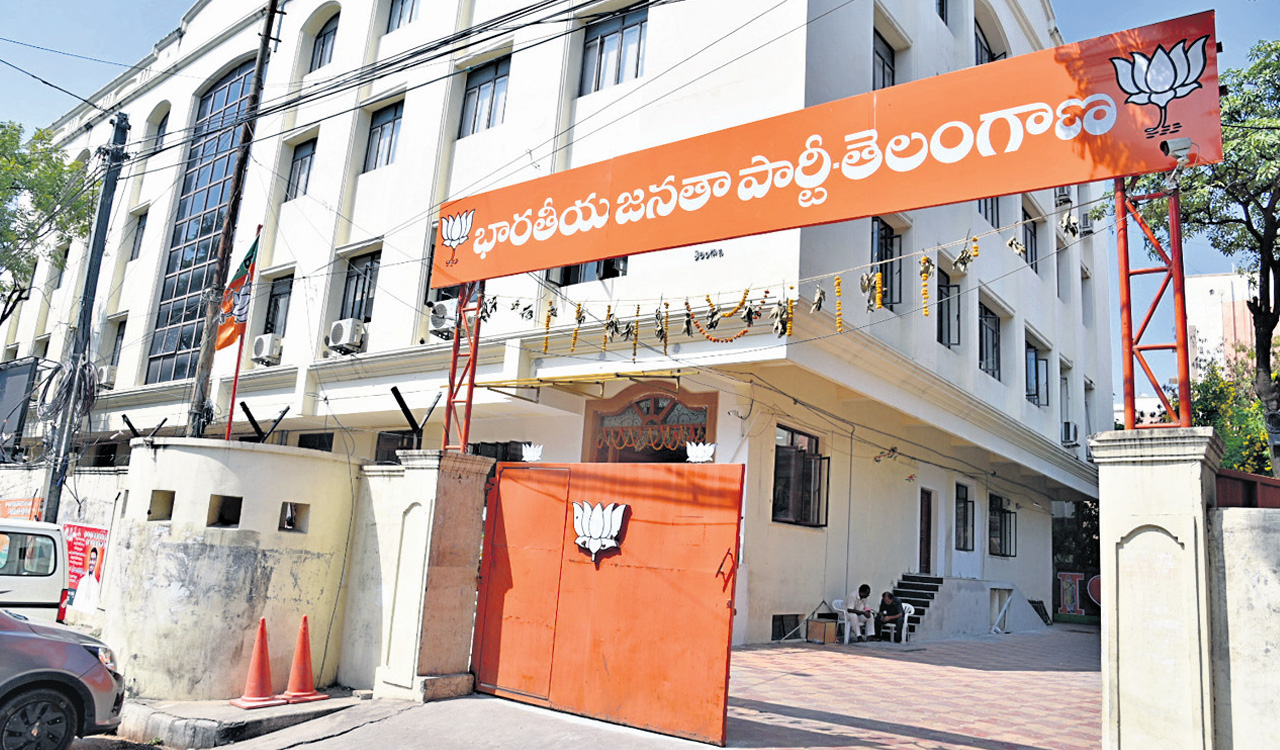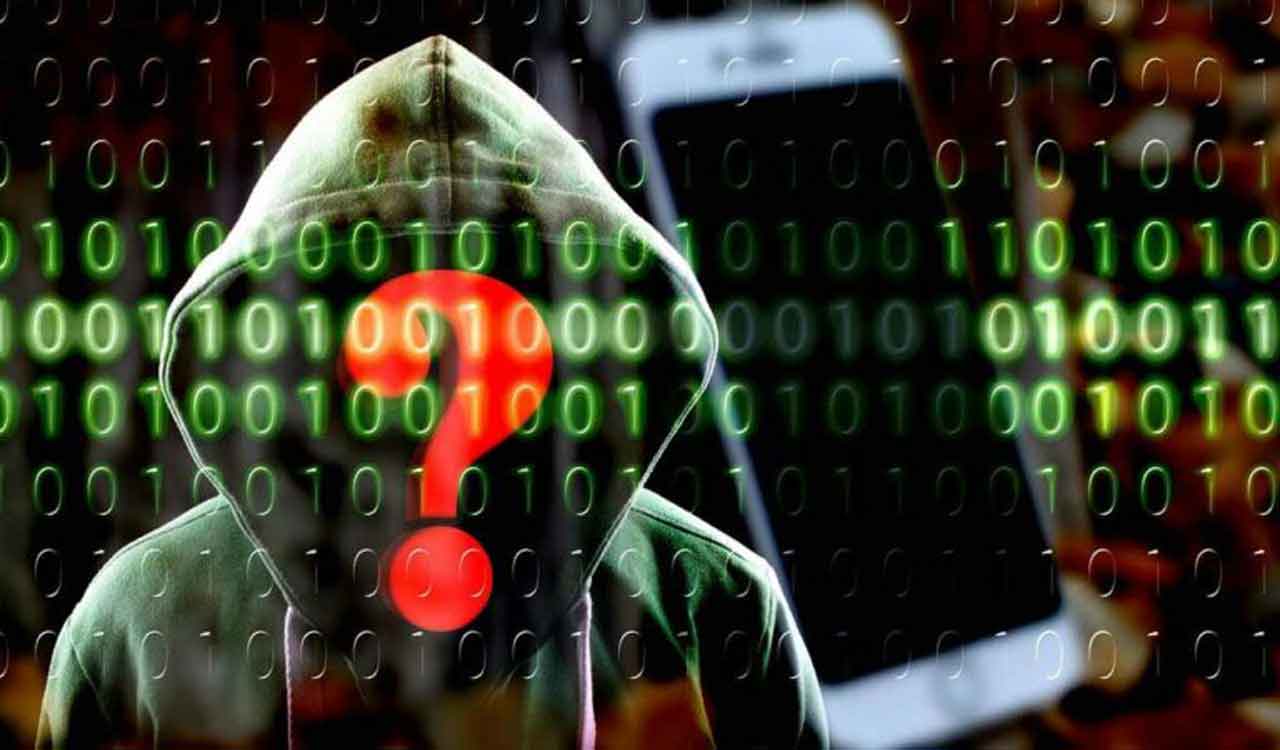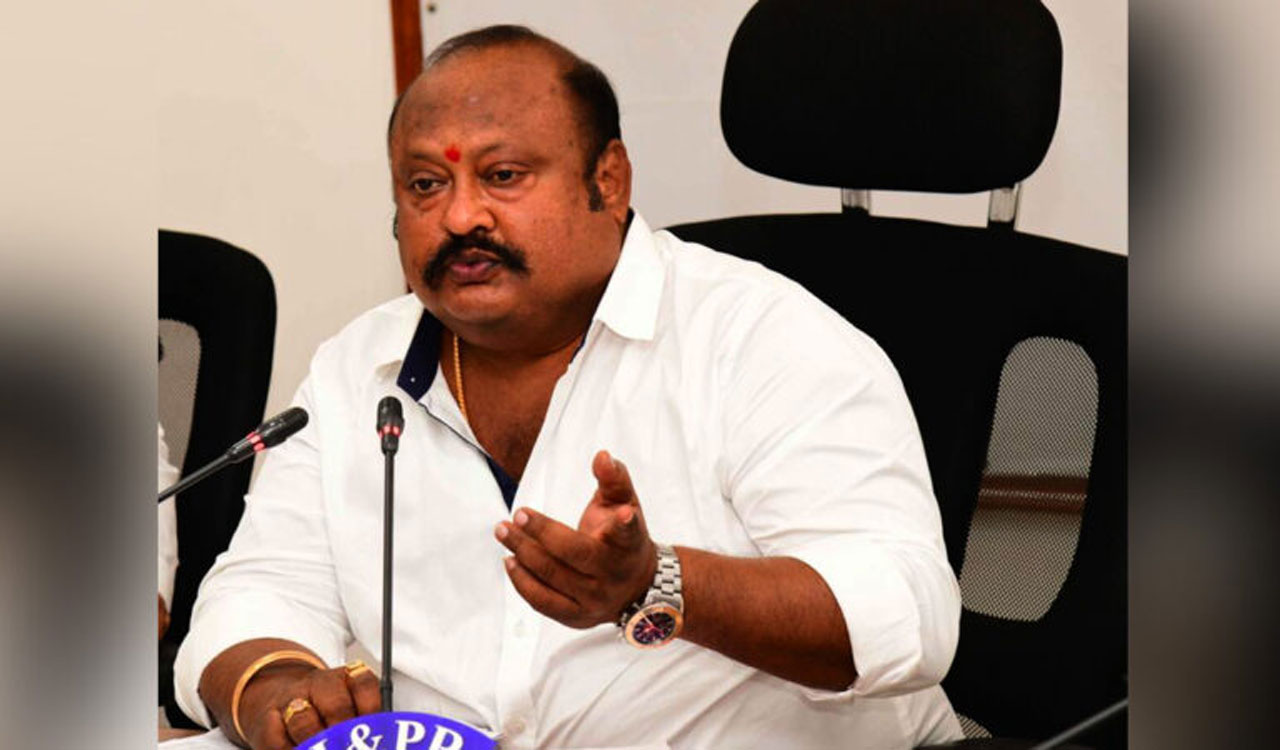The Mehdipatnam police arrested a four-member gang accused of cheating ATM users by exchanging their cards and later withdrawing money. The gang targeted individuals unfamiliar with cash-dispensing machines, offering help before swapping cards.
Published Date – 3 January 2026, 11:02 PM

Hyderabad: A four member gang that conned people at ATM centres by exchanging their ATM cards and later using it to withdraw money was arrested by the Mehdipatnam police on Saturday.
The arrested are Aamir Suhel alias Ameer (24), Mubarak (26), Mustakeen (25) and Mohd Amer (33).
According to the police, the four persons stood outside ATM centres and identified some individuals who had little knowledge of using cash-dispensing machines.
“When a customer sought help in withdrawing cash or inquiring about the balance amount in their account, the gang would exchange the ATM cards. Later using the victim’s ATM card they would withdraw money,” said DCP (south west), G Chandra Mohan.




